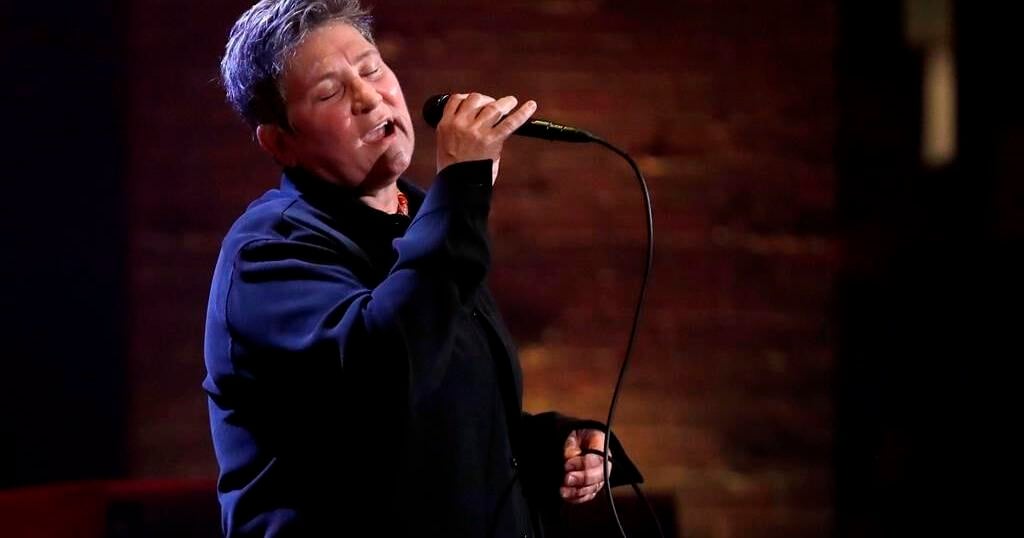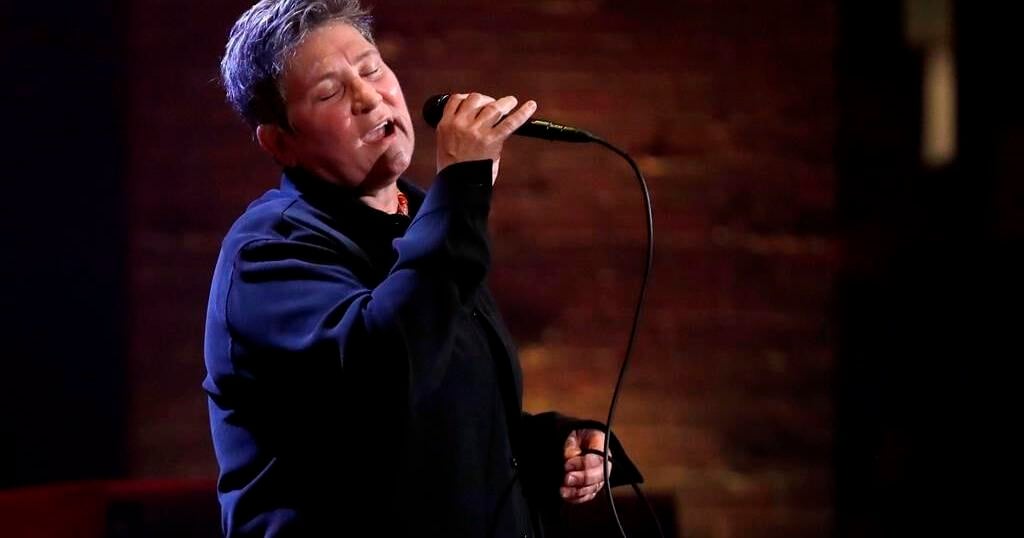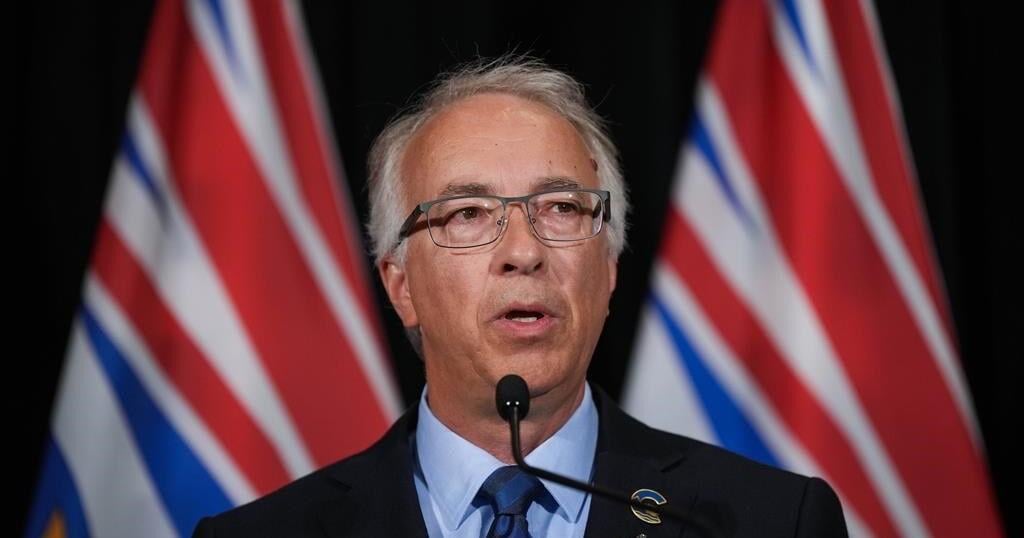Three times a year, the 600-or-so employees of Friesens Corp. gather in front of the publishing house to accept envelopes, each one holding a cheque for the workers’ share of company profits.
They all get a cut because they’re all owners.
The company based in the small town of Altona, Man. is set up as an employee ownership trust, which, just like it sounds, is a way to set up ownership of a business for the benefit of employees.
It’s also a way for a business owner to cash out without having to sell to a competitoror private equity, and it’smuch more likely in Canada after the federal government passed new rules and incentives for it in June.
The option has added importance because about three-quarters of small business owners plan to exit their company over the next decade, according to a Canadian Federation of Independent Business poll released last year, creating the need for more succession choices.
“It doesn’t matter if you’re a rich white kid from down the street, or a newcomer from the Philippines that just arrived with their family, you have equal participation in our ownership program,” said Chad Friesen, chief executive of Friesens Corp.
Unlike a model where a few wealthier employees outright buy the business, employee ownership trusts are structured in a way that the workers don’t have to put up money, and don’t own shares directly, making for a much wider potential distribution of the benefits.
Rather than being based on how many shares someone has, payouts are determined mostly in proportion to salary. How long people have been at the company is also factored into the bonus.
The model means that company profits are distributed much more widely than if one owner was taking in millions of dollars, and it stays more in the community, said Friesen.
“It’s a bit of a mind shift that we’re not trying to have big payouts for a few. We’re trying to have good strong payouts for everyone,” he said.
“We’re sharing kind of life-changing dollars on an annual basis where people will be able to, you know, fund a home renovation, send your kids to school, put more money away for retirement, those types of things.”
Friesens Corp., founded in 1907, was an early pioneer in employee ownership models, experimenting back in the 1950s, and has been under its current trust since 2010.
With no template or government structure though, the company had to jump through a lot of legal and accounting hoops to make it work, said Friesen (who is not a member of the founding family).
The new legislation, passed into law as part of a range of measures in Bill C-59 on June 20, provides the structure to make it much easier.
The rules make it easier to have the company pay out the owner, freeing employees from having to put up funds, said Tara Benham, national tax leader at Grant Thornton.
“Essentially it allows the company to become the bank in a much more tax-efficient way.”
There’s still the potential to borrow money from a bank to help in the payout, but it’s tougher to get, so sellers often accept payback over time from the company.
It’s not nearly as straightforward as outright selling a company, so advocates like the Canadian Employee Ownership Coalition, of which Friesen is a part, have been pushing for added incentives.
The federal government obliged by making tax-exempt the first $10 million of capital gains on a company sale. The savings amount to about $3.5 million, and could mean a complete exemption for many smaller companies, said Benham.
“There’s now a significant incentive to sell to the employees.”
There’s reason for the government to encourage the model because it would mean fewer companies being bought by foreign firms, she said.
“It’s going to keep ownership in Canada. It localizes ownership more because, intuitively, the employees are locals.”
Friesen said the ownership model is a big reason why the company still exists and helps support the small town of about 4,600 people.
“The family could have sold this thing to some consolidator or some bigger company. And we would have been, over time, gobbled up and we wouldn’t exist in this community anymore,” he said.
Many other companies will have to navigate handing over their business in the next decade, with more than $2 trillion in assets expected to change hands, the CFIB poll said.
There are indications that many could choose a model that does well by their workers.
Some 90 per cent of respondents said ensuring current employees are protected was the most important factor they’re considering, ahead of getting the highest possible price at 84 per cent.
But the model is not without its risks.
Figuring out how to actually run the company under a trust once the owner is gone will be complicated, said Benham.
“One of the challenges is how to manage this business as a collective that really didn’t start as a collective.”
There are templates, thanks in part to countries like the U.K. opening up employee ownership trusts as of 2014 and the U.S. also having an option.
For owners that can figure it out though, the long-term benefits can be substantial, said Friesen.
“It’s an option to keep more decision-making influence and more of that economic sovereignty in our communities, in our provinces and in the country.”
This report by The Canadian Press was first published July 12, 2024.
























